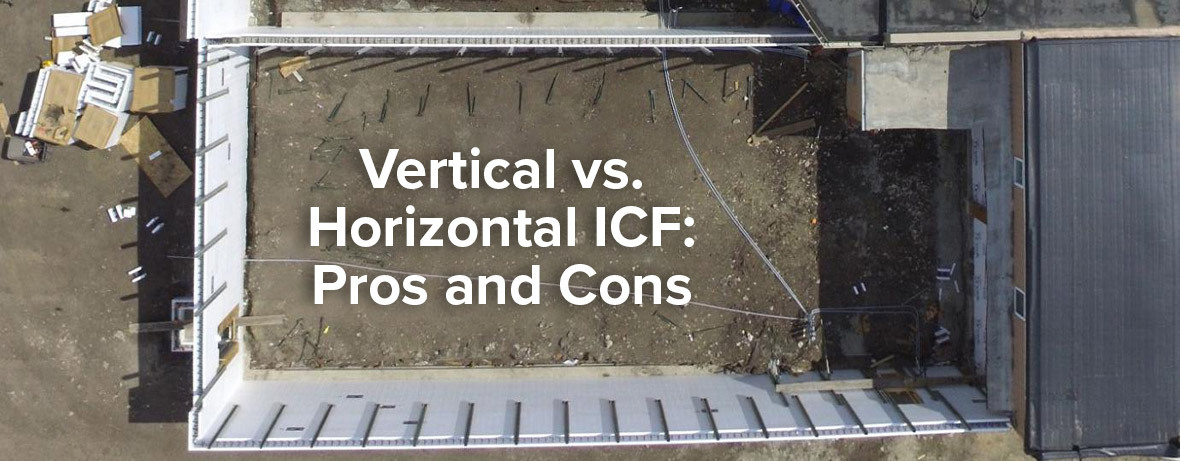
5 Tips for Choosing the Best ICF Block Systems

10 Steps for Building a Home with Insulated Concrete Form Blocks
An ICF home, like one built with Fox Blocks, provides many of the essential features that today’s homeowner is looking for: excellent indoor environmental quality (IEQ), energy-efficiency, and disaster-resistance.

The Benefits of Building Multi-story Residential Buildings with ICF Blocks

Vertical vs. Horizontal ICF: Pros and Cons
Both vertical and horizontal ICFs construction create moisture- and disaster-resistant walls with excellent R‑values. But which is the better ICF wall?

The Benefits of Building a Medical Facility with ICF Construction

What is the Optimal Foundation Wall Thickness?
A concrete foundation wall’s thickness plays an integral role in its long-term strength and durability. Local building codes mandate the foundation specifications, addressing conditions that affect the foundation thickness.

Building Commercial Retail Developments with ICF Construction
Building commercial retail developments with ICF construction creates structures that are disaster-resistant, energy-efficient, environmentally-friendly, quiet, and durable.

Why ICF is a Best Practice in Constructing Public Safety Buildings
Fox Block ICF public safety buildings provide first responders a safe, healthy, and quiet environment.

Exterior Wall Thickness: How Thick Should Your Walls Be?
The exterior wall thickness of a home significantly impacts the house’s energy efficiency, disaster resistance, and IEQ. Learn how thick exterior walls should be.

What Are the Differences Between AAC and ICF Construction?
When considering AAC vs ICF construction, it’s important to know the differences, pros, and cons.